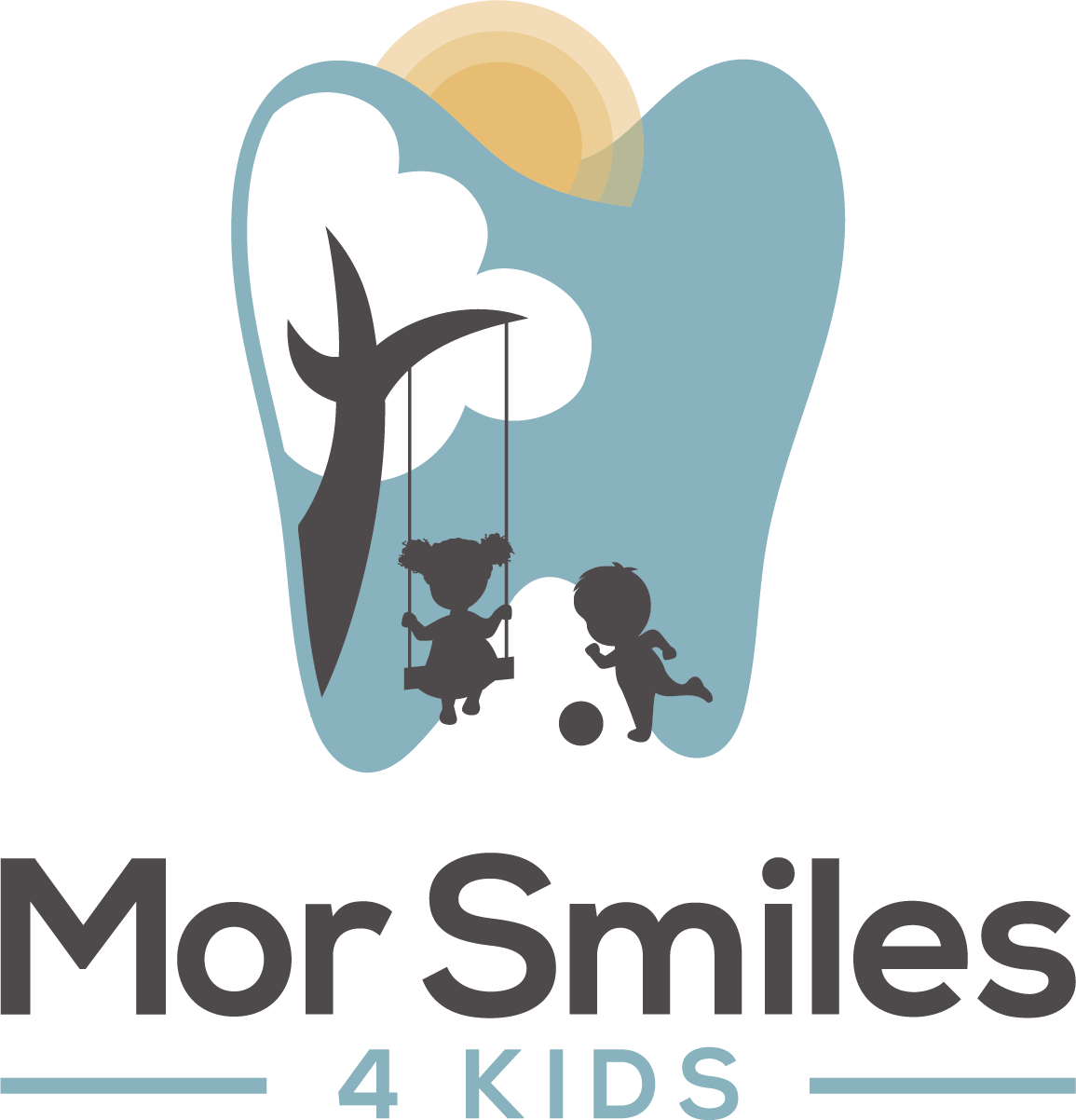Dental Extractions for Children & Teens
Extractions are sometimes necessary to make room for permanent teeth. If your child's baby teeth haven't fallen out by the time their permanent teeth are ready to come in, the permanent teeth may come in crooked. In this case, the baby tooth would need to be removed so that the permanent tooth can grow into the mouth correctly. There are a few reasons why your teen might need to have a tooth extracted. If their tooth is severely decayed, damaged, or infected, an extraction may be the best course of action to take in order to preserve their oral health. Additionally, if your teen has wisdom teeth that are coming in at an awkward angle or causing overcrowding, their dentist may recommend extracting them. Lastly, if your child has any baby teeth that haven't fallen out on their own by a certain age, they may need to be extracted in order for the permanent tooth to come in properly. If you're not sure whether or not your teen needs to have a tooth extracted, be sure to ask Dr. Morales for more information.
Types of Extractions
There are two main types of tooth extractions: simple and surgical. A simple extraction is performed on a tooth that is visible in the mouth and can be removed with basic dental instruments. A surgical extraction is necessary when a tooth is not visible or it is difficult to remove. Impacted teeth, teeth stuck beneath the gum line, usually require surgery. Wisdom teeth are a common example of teeth that may need to be surgically extracted.
